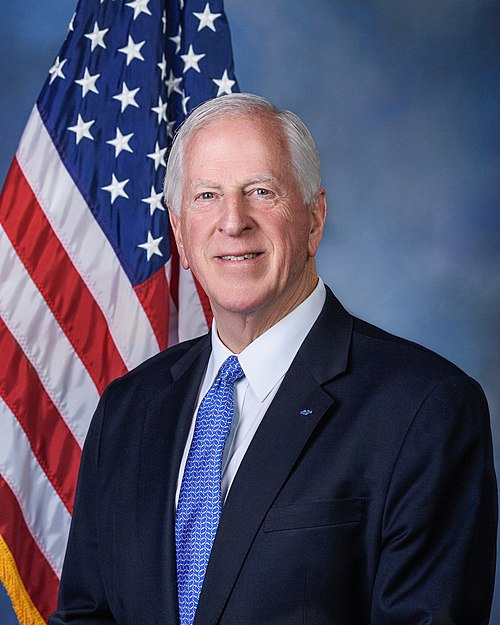H.R. 3936: Bicycle Commuter Act of 2025
This bill, known as the Bicycle Commuter Act of 2025, aims to modify and expand employer-provided benefits for employees who commute to work by bicycle. Here’s a breakdown of the key elements:
Reinstatement of Benefits
The bill seeks to reinstate certain tax exclusions for bicycle commuting benefits that were previously suspended. This means that employers can provide tax-free reimbursements or allowances to employees for expenses related to commuting by bicycle.
Expansion of Qualified Bicycle Commuting Benefits
Under the proposed changes, the definition of "qualified bicycle commuting benefit" would expand to include various forms of support that employers can offer:
- Reimbursement for Expenses: Employers could reimburse employees for reasonable costs incurred for purchasing, leasing, renting, improving, repairing, or storing bicycles, including expenses associated with bikesharing services, as long as the employee regularly uses the bicycle for commuting.
- Use of Commuting Property: Employers could directly provide access to bicycles or bikeshare services for employee use.
Definitions of Qualified Commuting Property
The bill clarifies what “qualified commuting property” includes:
- Standard bicycles (non-motorized)
- Electric bicycles with specific power and design criteria
- 2- or 3-wheel scooters (non-motorized)
- Electric scooters that meet defined limitations on speed and weight
Definitions of Electric Bicycles and Bikeshare Programs
The legislation provides specific definitions for:
- Electric Bicycle: A bicycle equipped with pedals, a saddle, and a motor that meets particular performance criteria.
- Bikeshare: A rental operation where bicycles are available for point-to-point usage within a designated area.
Limitations on Benefits
The bill introduces a limitation to ensure that only a certain percentage of the monthly dollar amount for qualified bicycle commuting benefits is excludable from employees' taxable income.
No Constructive Receipt
It specifies that employees cannot have "constructive receipt" of benefits which would affect their tax status, explicitly stating that specific reimbursements are not considered as income for tax purposes.
Effective Date
The changes proposed in this legislation are set to take effect for taxable years beginning after December 31, 2024.
Relevant Companies
- TSLA - Tesla, Inc. may be impacted as electric bicycles and scooters could be part of their broader product offerings in sustainable transportation.
- BURY - Bureo, Inc. is involved in sustainable product developments and may see increased demand related to biking solutions.
- EVGO - EVgo Inc. might be impacted in expanding charging solutions that can support electric commuting vehicles, including e-bikes.
This is an AI-generated summary of the bill text. There may be mistakes.
Sponsors
1 sponsor
Actions
2 actions
| Date | Action |
|---|---|
| Jun. 11, 2025 | Introduced in House |
| Jun. 11, 2025 | Referred to the House Committee on Ways and Means. |
Corporate Lobbying
0 companies lobbying
None found.
* Note that there can be significant delays in lobbying disclosures, and our data may be incomplete.

















